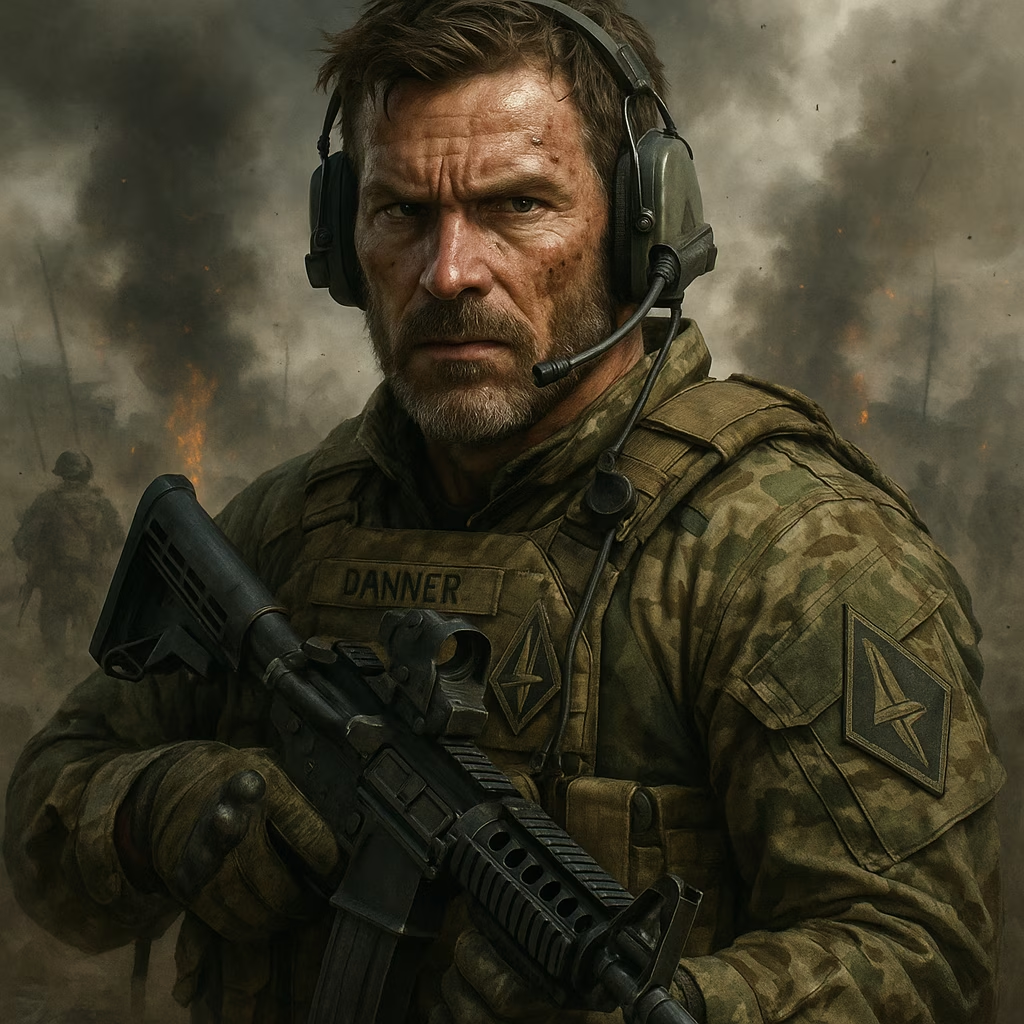Delta Force Bodies: Recovery Protocols in Combat Zones
Discover how modern Delta Force body recovery protocols blend advanced technology, psychological resilience, and honor to ensure no operator is left behind in hostile zones.
The recovery of Delta Force bodies from combat zones represents one of the most solemn and operationally complex duties the U.S. military undertakes. Recent developments in 2025 have brought renewed attention to how elite units handle this sacred responsibility, particularly as historical cases continue to inform modern protocols.
The 1993 Mogadishu incident, immortalized in the film "Black Hawk Down," remains a pivotal case study in body recovery operations under hostile conditions. When operators Gary Gordon and Randy Shughart were killed defending a downed helicopter crew, their bodies were temporarily lost in the chaos of urban warfare. What many don't realize is the diplomatic negotiations that eventually secured the return of Delta Force bodies from Somali militia leaders - a process that took several days and involved multiple international intermediaries.

Today's Delta Force recovery protocols have evolved significantly from those challenging days in Somalia. Modern teams deploy specialized Personnel Recovery Units (PRUs) whose sole mission is ensuring no operator is left behind - dead or alive. These units utilize advanced tracking technology and operate under extreme risk parameters that would be unthinkable for conventional forces.
The Body's Delta Force: Natural Cellular Defenders
Interestingly, the human body has its own version of Delta Force operators - Natural Killer (NK) cells. Scientists in 2025 have made remarkable breakthroughs in understanding how these elite immune cells function as the body's first line of defense.
As detailed in recent research from Artiva Biotherapeutics, NK cells operate much like their military namesakes - they identify threats independently, strike with precision, and require no external authorization to eliminate identified dangers. Their ability to distinguish friend from foe makes them the immune system's equivalent of special operators.
"NK cells represent the body's Delta Force - they're the first responders that don't wait for orders when they identify a threat," explains Dr. Maria Sanchez, immunologist at Johns Hopkins Medical Center. "Their ability to patrol and eliminate compromised cells autonomously makes them unique in our immune defense network."
Digital Battlefield: Protecting Virtual Bodies
In an unexpected parallel, the gaming community around the tactical shooter Delta Force has been discussing protection protocols for digital "bodies" in their virtual battlespace. The concept of respecting fallen opponents' equipment and remains has emerged as an unwritten rule within the game's extraction mode.
Players have advocated for implementing a timer protection system for looting bodies, similar to how military units establish security perimeters around fallen comrades. This digital equivalent of body recovery protocols highlights how deeply the concept of respecting the fallen resonates across both real and virtual combat spaces.
Technological Advances in Body Recovery
The recovery of Delta Force bodies in 2025 benefits from technological innovations unimaginable during earlier conflicts:
-
Micro-tracking implants that continue broadcasting location data even after vital signs cease
-
Drone swarms that can secure perimeters around fallen operators until recovery teams arrive
-
Specialized extraction vehicles with ballistic protection specifically designed for body recovery missions
-
Diplomatic rapid response teams that can negotiate temporary ceasefires for body retrieval
The Psychological Impact on Teams
Perhaps the most significant advancement in Delta Force body recovery protocols involves psychological preparation. Units now receive extensive training on handling the emotional impact of recovering fallen teammates.
"The recovery of Delta Force bodies isn't just a tactical operation - it's a profoundly human moment that affects everyone involved," notes retired Delta operator Marcus Williams. "Today's preparation includes psychological readiness that wasn't formalized in my day. It makes a difference."
This holistic approach recognizes that recovering the fallen impacts unit cohesion, operational effectiveness, and long-term mental health of surviving team members.
Conclusion
The evolution of Delta Force bodies recovery protocols reflects broader shifts in how military forces honor their sacred commitment to leave no one behind. From the hard lessons of Mogadishu to today's integrated technological and psychological approaches, these procedures embody the unbreakable bond between operators who risk everything for each other - in life and in death.
As we look toward the future, the principles guiding these recovery operations remain unchanged even as methods advance: respect for the fallen, commitment to their families, and the preservation of dignity in even the most challenging circumstances.
Leave a Comment